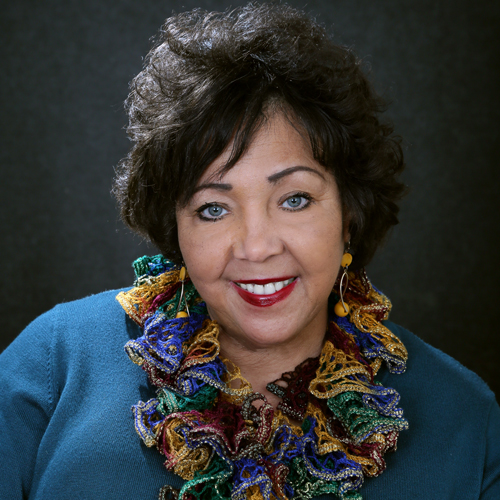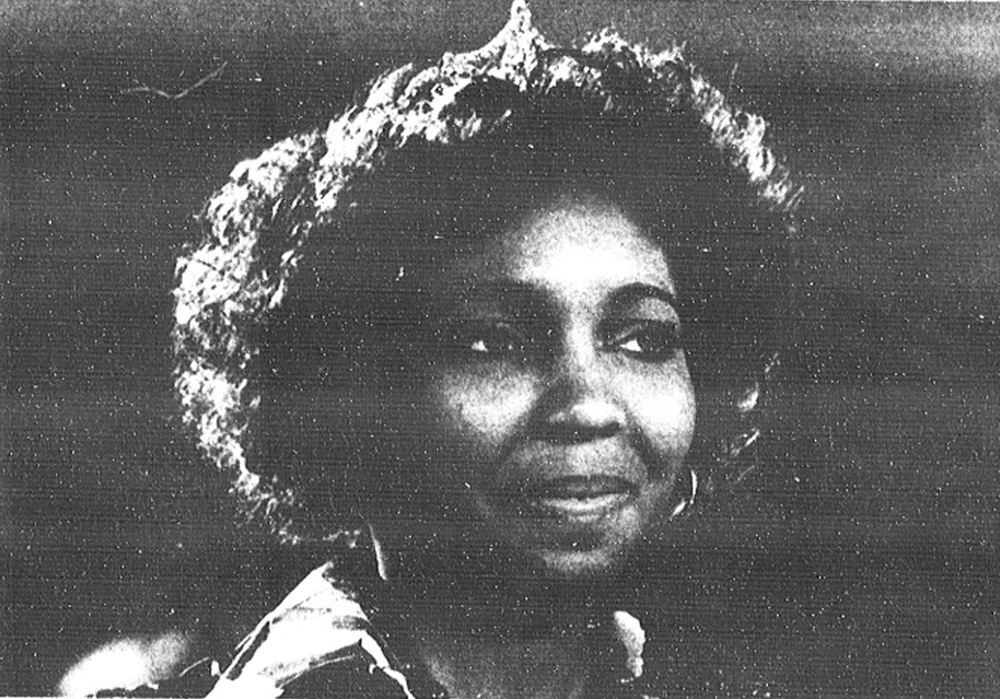Traditionally, the University of South Carolina Homecoming Queen is presented with a scepter when she is presented on the football field. But the university's 1975 queen — elected in October 1974 — never got that honor.
"They told me they didn't have it because something happened to it," says Gail Bush Diggs, the university's second Black Homecoming Queen. "They'd give it to me later."
No one ever reached out.
Diggs’ win was not only a shock to her but also to the people in attendance, who began throwing popcorn and hurling racial slurs at her as she made her way to the 50-yard line.

"My presence was never acknowledged by the other contestants when we gathered for pictures during the week of Homecoming, nor on the field on Homecoming night. ... It was as if I was invisible."
"I didn't think I had a snowball's chance in hell of winning," says Diggs, now a member of Aiken City Council. "Just to see them out on the field, and each time they'd announce another runner-up, and I'm still standing there in total disbelief. It was surreal."
Though she recalls having support from some of the student body leading up to Homecoming night, the other nominees ignored her.
"My presence was never acknowledged by the other contestants when we gathered for pictures during the week of Homecoming, nor on the field on Homecoming night," says Diggs, who graduated in 1977 with a degree in criminal justice. "It was as if I was invisible."
Forty-eight years later, students are looking to rectify that by honoring her with the scepter at this year's Homecoming. Diggs is nervous about returning to the field. However, this time she'll be accompanied by her family — including her grandchildren — and welcomed by the Gamecock family.
Jules Tyndall, Homecoming Commission president, learned about the situation after watching The Backbone, a documentary about Black women at the university produced as an Honors College thesis by student Hannah White.
"The purpose of Homecoming is to deepen people's love for USC, and this was a situation that might have tainted her perception of the university," says Tyndall. "While there's nothing we can do to fix that 48 years later, it's a way to employ our own purpose, which is to deepen her love for the university."
